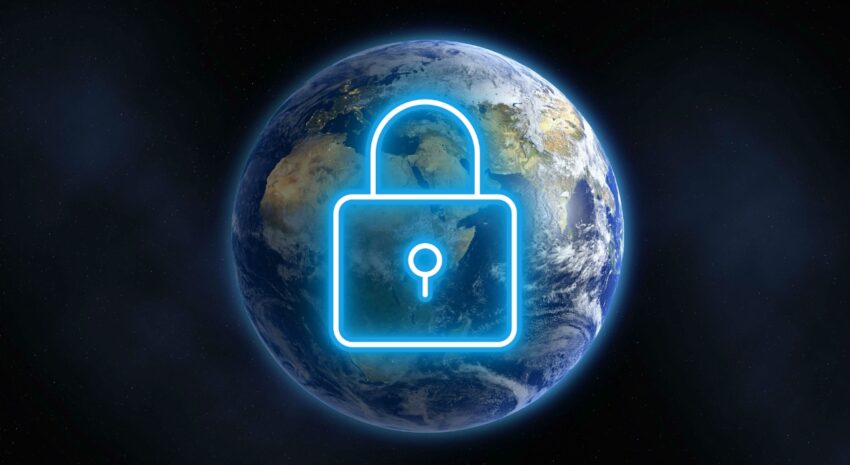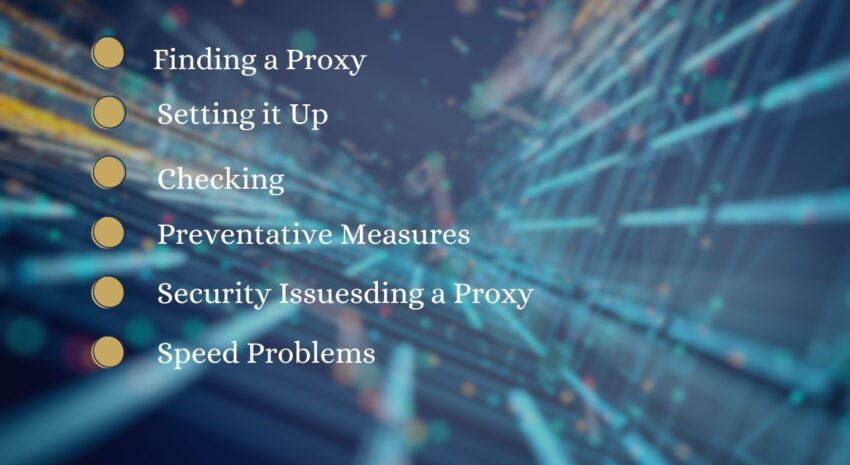While public proxies are typically considered the “little bro” to more safe and steady private proxy services, they have a special set of characteristics that make them highly helpful, specifically for periodic or experimental usage.
They allow for instant access to restricted content without the requirement for a subscription or comprehensive setup, making them ideal for users who are new to the world of proxy use or who just need to bypass geo-restrictions on a short-term basis.
Among the most appealing aspects of public proxies is their affordability– most of them are totally free. This makes them an attractive choice for trainees, budget-conscious customers, or anybody aiming to expand their seeing options without adding another subscription cost to their monthly expenditures.
Nevertheless, this affordability includes a caution. Because public proxies are often less safe than their personal equivalents, users need to be cautious when choosing a proxy server, ideally selecting one that has been vetted by a reliable source. Check more at Proxy-Store.
What is a Public Proxy?
This system is the foundation of how public proxies allow you to gain access to international TV channels that might otherwise be off-limits due to your geographical area. As soon as you have actually connected to a proxy server situated in a nation where the preferred content is accessible, you can stream TV programs, documentaries, sports, and other kinds of entertainment as if you were physically located there.
However, it’s not all smooth sailing; using a public proxy does come with some threats. Considering that they are open to everyone, they are likewise more prone to different security hazards, such as data interception or even harmful attacks. Some have been set up with ill intentions, intending to harvest individual information from users.
For that reason, it’s crucial to do your due diligence and just connect to trusted public proxy servers when trying to access delicate or individual content like streaming services.
It’s likewise worth keeping in mind that while public proxies can be a blessing for accessing a wealth of international content, they might not always be the most reputable choice for high-definition streaming or for usage with services that require high-speed, low-latency connections. Public proxies are shared resources, and high traffic can result in slower connection speeds, which in turn can affect the quality of your streaming experience.
Additionally, some sophisticated streaming services have actually established innovations to spot and obstruct traffic from understood proxy servers, making it hard.
Why Geo-Restrictions Exist?
Before we dive into how public proxies can be beneficial, it’s important to comprehend why geo-restrictions exist in the first place. TV networks and streaming services typically have contracts that limit where material can be shown. Copyright laws, licensing contracts, and even political factors can contribute to this geographical locking of content.
Public Proxies and Streaming: A Perfect Match?
Public proxies use a quick and simple method to bypass geo-restrictions. By linking to a proxy server situated in a nation where the television channel or content is accessible, you can view it as if you were physically present in place. But it’s not all roses; public proxies do have their limitations, such as slower speeds, potential for information logging, and a higher risk of being obstructed.
How to Use a Public Proxy for Streaming
- Finding a Proxy: There are numerous online lists of public proxy servers. Choose one that is located in the country where the material is accessible.
- Setting it Up: This involves configuring your browser settings to use the selected proxy. In-depth guides are usually available online for each internet browser.
- Checking: Prior to devoting to seeing a whole program or motion picture, test the proxy to make certain it deals with the streaming service you plan to use.
- Preventative Measures When Utilizing Public Proxies
- Security Issues: Given that public proxies are offered for anyone to use, they can be less safe. Ensure you’re not performing sensitive deals while connected to a public proxy.
- Speed Problems: Public proxies often have numerous users, which can considerably reduce your streaming speed.
Alternatives to Public Proxies
While public proxies are commonly available and often totally free, they aren’t the only choice for bypassing geo-restrictions. Virtual Private Networks (VPNs) and Smart DNS services are feasible options, although usually at an expense. They provide faster and more safe connections, suitable for streaming high-definition material.
Legal Factors to Consider
While using proxies to bypass geo-restrictions exists in a little a legal gray area, it’s generally recommended to consult the laws in your jurisdiction. Additionally, lots of streaming services consist of provisions in their regard to service that forbid the use of proxies and VPNs to bypass regional restrictions.
Conclusion
Public proxies, regardless of their restrictions, are often the primary step for numerous in the journey of unlimited material access, mostly because they don’t need a monetary commitment. They provide a valuable peek into the world of worldwide television, exposing viewers to cultures, stories, and home entertainment that they might otherwise never experience.
It’s worth keeping in mind that the utility of public proxies isn’t restricted merely to leisure watching; they can also be important tools for scientists, journalists, and academics seeking to study global media and interactions.
As the media industry continues to globalize and more content producers enter the streaming market, the need for ways to overcome geo-restrictions will just increase. This makes the discussion around public proxies particularly pertinent.
They’re not simply tools for circumventing limitations; they’re drivers in the worldwide exchange of details and culture. As they end up being more advanced and easier to utilize, public proxies may gain more authenticity and might even see enhancements in speed and security functions to fulfill the growing requirements of a diverse user base.
So, while public proxies might not be the best service for everybody, they are an entrance to a richer, more varied world of content. With the ideal precautions and use standards, they can serve as a potent tool in your digital toolkit, making your experience of international television more extensive and interesting.
As the media landscape progresses, understanding and utilizing public proxies might well be a skill as important as channel browsing was in the days of traditional TV.










